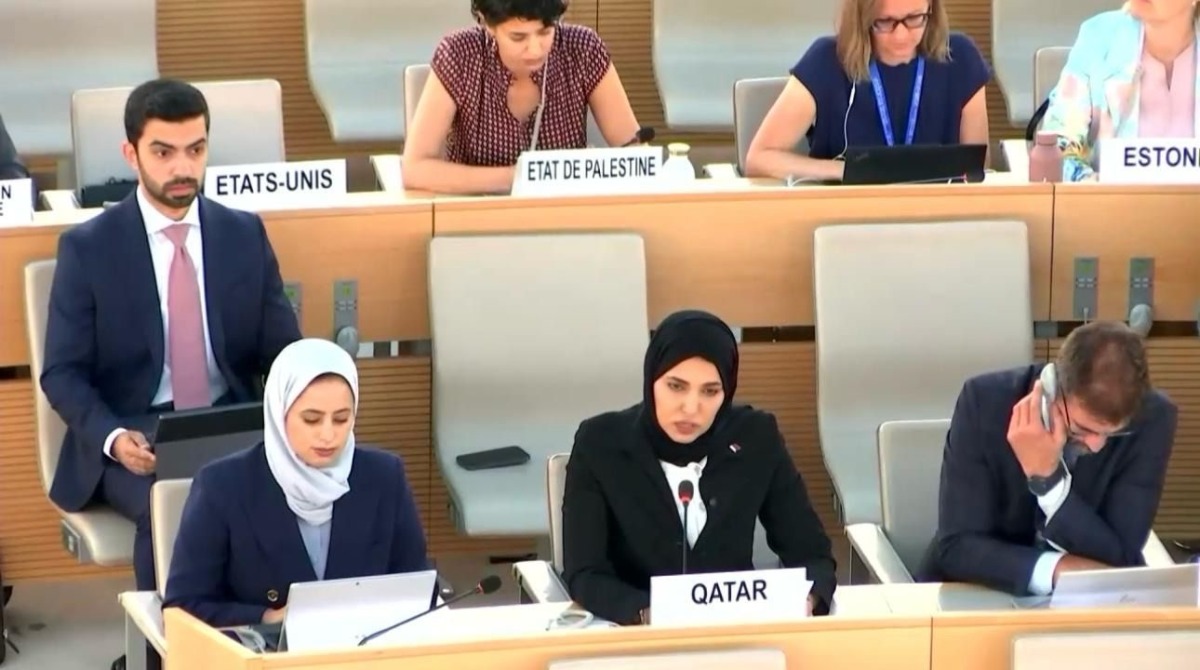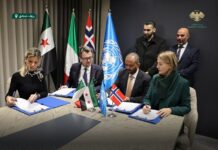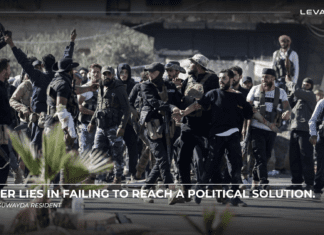
A wave of international statements in recent days suggests growing diplomatic momentum in favor of stability and reconstruction in Syria, with senior officials from Italy, Jordan, France, Qatar and Turkey signaling varying degrees of support for the country’s political transition and regional reintegration.
In a phone call on June 17, Syrian Foreign Minister Asaad al-Shaibani and his Italian counterpart, Antonio Tajani, reaffirmed the importance of continued dialogue and coordination. Shaibani emphasized Syria’s goal of building balanced, respectful foreign relations free of interference. Tajani echoed the need to respect Syria’s sovereignty and stressed Rome’s commitment to humanitarian and economic cooperation.
Italy’s support has been consistent in recent months. Tajani led a delegation to Damascus in January, where he met President Ahmad al-Sharaa and offered cautious backing for the new Syrian administration. “We want to open the door to dialogue, but with caution and deliberation,” Tajani said. He reiterated that a stable Syria is vital for regional peace.
Jordan, which shares a long border and complex history with Syria, has amplified its calls for regional cooperation. At a joint press conference in Berlin on June 18, Jordanian Foreign Minister Ayman Safadi emphasized the need to help Syria rebuild on a foundation of security and ensure that Syria “does not pose a threat to anyone.” Speaking alongside German Foreign Minister Johann David Wadephul, Safadi described stability in Syria as a “collective responsibility.”
Earlier, Safadi met with US Special Envoy Thomas Barrack to discuss Syria’s future. The Jordanian Ministry of Finance also moved to reduce fees on Syrian freight vehicles, a measure aimed at facilitating trade and easing economic recovery efforts.
Meanwhile, France urged the international community to act quickly. At the UN Security Council, French delegate Nicolas de Rivière emphasized that global actors “are obliged to act” to prevent wider Middle East instability from hindering Syria’s progress. France also praised Syrian steps toward political reintegration and endorsed donor mobilization for economic aid.
Qatar added its voice at the UN Human Rights Council in Geneva, where Ambassador Hind Abdulrahman al-Muftah welcomed Syria’s reconciliation efforts and supported the lifting of economic sanctions. “This reflects a clear commitment to restoring security and stability,” she said.
UN Deputy Special Envoy for Syria Najat Rochdi noted recent political and legal reforms within the country, including efforts to broaden women’s and youth participation. Speaking at the Security Council on June 17, Rochdi highlighted the return of nearly 600,000 Syrians over the past six months, calling for sustained international support to maintain this momentum.
While regional tensions persist—exacerbated by recent Israeli strikes in Syria—diplomatic channels appear to be cautiously reopening. As nations recalibrate their Syria policies, the tone has shifted from isolation to conditional engagement, grounded in the hope of a more stable and secure future for the country and the region.








